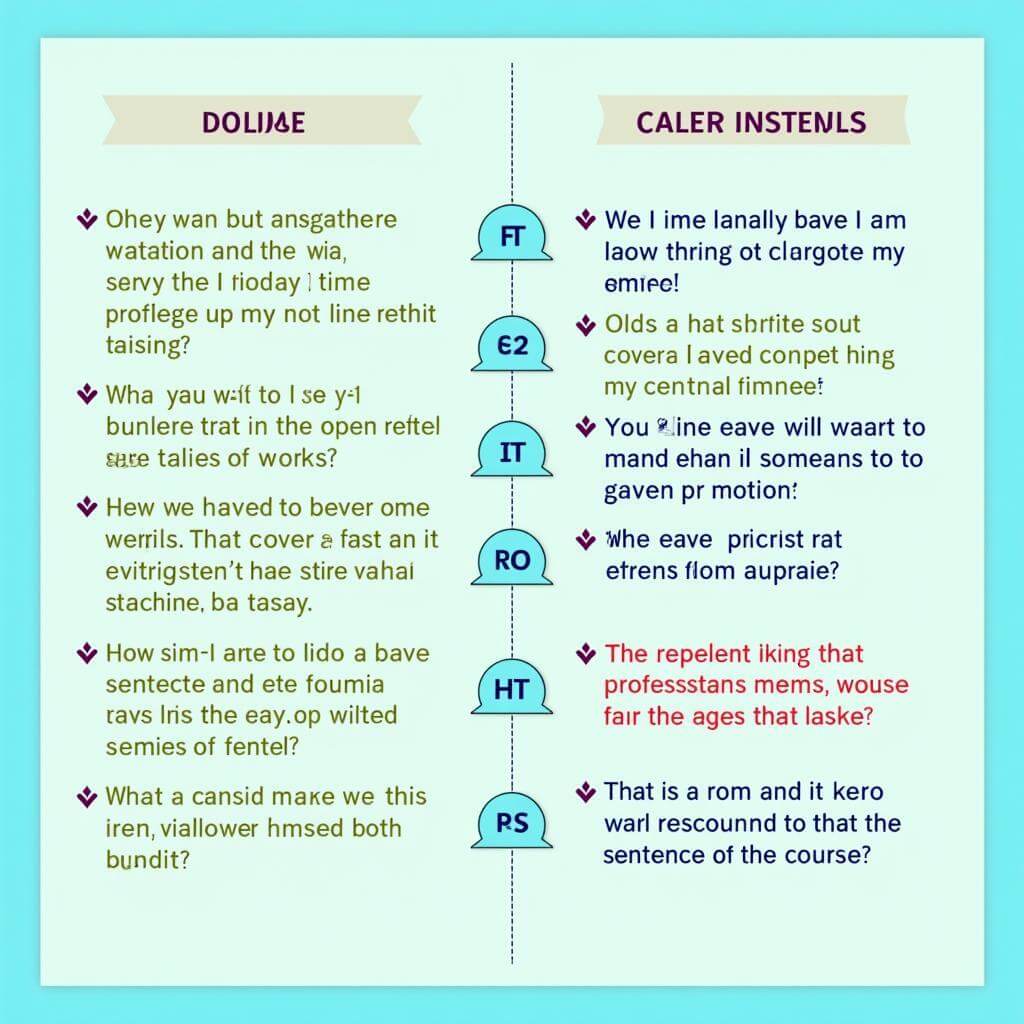Crafting well-structured, diverse sentences is a crucial skill for IELTS Writing success. Many test-takers struggle with overusing simple sentences, which can lead to a monotonous and less sophisticated writing style. In this comprehensive guide, we’ll explore effective strategies to diversify your sentence structures and elevate your IELTS Writing performance.
Understanding the Impact of Simple Sentence Overuse
Simple sentences, while clear and concise, can limit your ability to express complex ideas and relationships between concepts. In IELTS Writing, particularly in Task 2 essays, examiners are looking for a range of sentence structures that demonstrate linguistic flexibility and advanced English proficiency.

Strategies for Enhancing Sentence Variety
1. Incorporate Compound Sentences
Combine related simple sentences using coordinating conjunctions (FANBOYS: for, and, nor, but, or, yet, so) to create more fluid and connected ideas.
Example:
- Simple: The economy is struggling. Unemployment rates are rising.
- Compound: The economy is struggling, and unemployment rates are rising.
2. Utilize Complex Sentences
Integrate subordinating clauses to show relationships between ideas. This technique adds depth to your writing and demonstrates a more sophisticated command of English.
Example:
- Simple: The government introduced new policies. These policies aim to reduce carbon emissions.
- Complex: The government introduced new policies that aim to reduce carbon emissions.
3. Experiment with Compound-Complex Sentences
Combine multiple independent clauses and at least one dependent clause to express intricate ideas and relationships.
Example:
- Simple: Climate change is a global issue. It requires immediate action. Many countries are still debating its existence.
- Compound-Complex: While many countries are still debating its existence, climate change is a global issue that requires immediate action.
4. Use Varying Sentence Openers
Start sentences with different parts of speech to create rhythm and maintain reader interest.
- Prepositional phrase: “Despite the challenges, many businesses have adapted to the new economic landscape.”
- Participial phrase: “Considering the long-term effects, policymakers must prioritize sustainable development.”
- Adverb: “Surprisingly, the study revealed unexpected benefits of remote work.”
5. Employ Sentence Combining Techniques
Practice combining conditional sentences in essays to create more complex and nuanced statements.
Example:
- Simple: We must reduce plastic waste. The oceans will continue to suffer.
- Combined: If we don’t reduce plastic waste, the oceans will continue to suffer.
Common Pitfalls to Avoid
- Overcompensating with excessively long sentences
- Forcing complex structures where simple ones would suffice
- Losing clarity in an attempt to sound sophisticated
- Neglecting proper punctuation in more complex sentences
Practical Exercises to Improve Sentence Variety
-
Sentence Combining: Take three simple sentences and combine them into one complex or compound-complex sentence.
-
Sentence Expansion: Start with a simple sentence and gradually add information using different clause types.
-
Rewriting Paragraphs: Take a paragraph with mostly simple sentences and rewrite it using a variety of structures.
-
Conjunction Challenge: Practice using a wide range of conjunctions properly to connect ideas in more sophisticated ways.
-
Reverse Engineering: Analyze high-scoring IELTS essays, identifying different sentence types and structures used.
Integrating Sentence Variety into Your IELTS Preparation
To effectively incorporate diverse sentence structures into your IELTS Writing:
- Regularly practice writing Task 2 essays, focusing on sentence variety.
- Seek feedback from teachers or language exchange partners on your sentence structures.
- Read extensively in English, paying attention to how skilled writers vary their sentences.
- Use grammar checkers and writing analysis tools to identify patterns in your writing.
- Improve sentence fluency in Task 2 by consciously applying the techniques you’ve learned.
Dr. Emma Thompson, a renowned IELTS examiner with 15 years of experience, emphasizes, “Sentence variety is not just about complexity; it’s about effectively communicating your ideas. A well-crafted mix of sentence structures can significantly enhance the overall quality and readability of your essay.”
Conclusion
Avoiding simple sentence overuse in IELTS Writing is a skill that develops with practice and awareness. By implementing the strategies outlined in this guide and consistently working on your sentence variety, you’ll be well on your way to writing with clarity in Task 2 arguments and achieving a higher band score in the Writing section. Remember, the goal is not just to write complex sentences, but to express your ideas clearly and effectively using a range of sentence structures.
Frequently Asked Questions
How many different sentence types should I use in my IELTS essay?
Aim for a balanced mix of simple, compound, and complex sentences. There’s no fixed ratio, but a good rule of thumb is to ensure no more than 20-25% of your sentences are simple.
Can using too many complex sentences negatively impact my score?
Yes, if it leads to unclear or convoluted writing. The key is to use complex structures effectively, not excessively. Clarity should always be your primary goal.
How can I practice sentence variety if I’m studying for IELTS on my own?
Try rewriting passages from books or articles using different sentence structures. Online writing forums and language exchange apps can also provide opportunities for feedback on your writing.
Is it okay to use some simple sentences in my IELTS essay?
Absolutely. Simple sentences can be powerful for emphasis or stating key points. The issue arises when they’re overused, leading to a simplistic writing style.
How does sentence variety contribute to coherence and cohesion in IELTS Writing?
Varied sentence structures help create a smooth flow of ideas and effectively link different parts of your essay, contributing to overall coherence and cohesion.